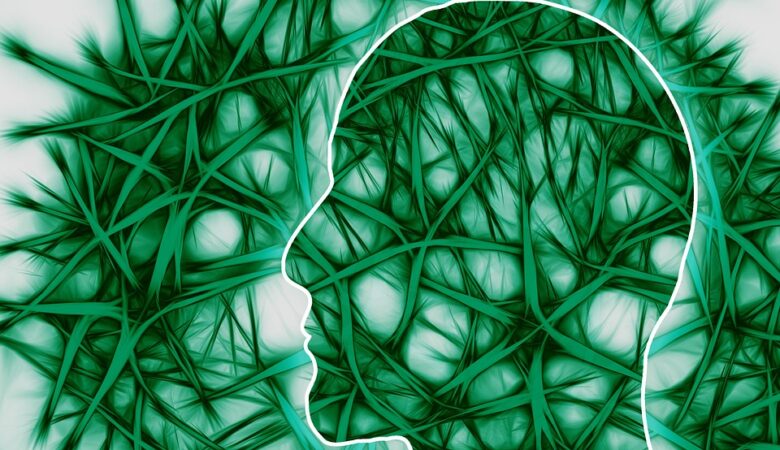Diverse Explanations on Addiction
Several explanations (or “models”) have been presented to explain addiction: The moral model states that addictions are the result of human weakness, and are defects of character. Those who advance this model do not accept that there is any biological basis for addiction. They often have scant sympathy for people with serious addictions, believing either that a person with greater moral strength could have the force of will to break an addiction, or that the addict demonstrated a great moral failure in the first place by starting the addiction. The moral model is widely applied to dependency on illegal substances, perhaps purely for social or political reasons, but is no longer widely considered to have any therapeutic value. Elements of the moral model, especially a focus on individual choices, have found enduring roles in other approaches to the treatment of dependencies.



